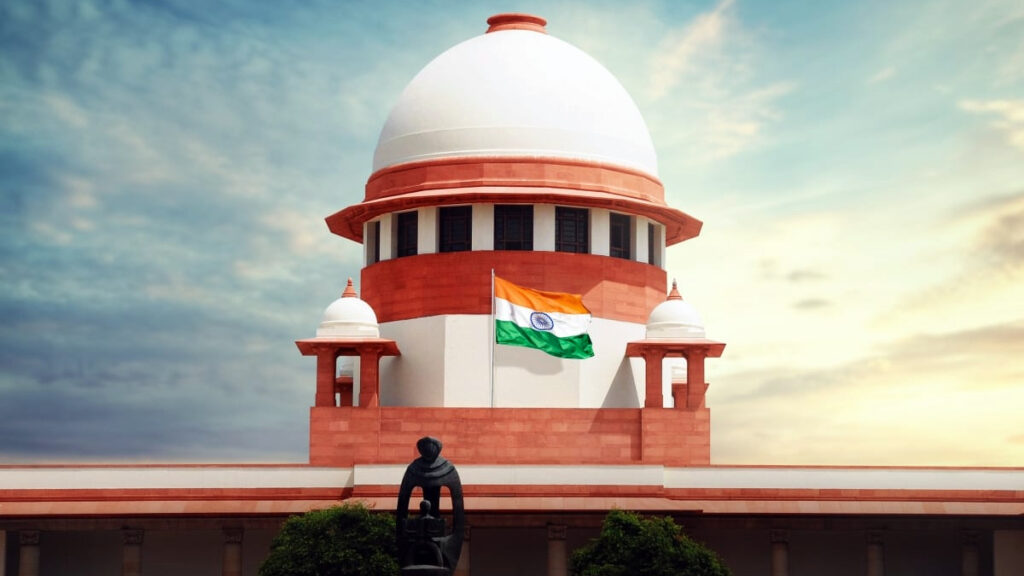
Delhi High Court Upholds Delhi Medical Council’s Mandate on Doctor Registration: Legal Implications Explored
Last Updated on February 27, 2024 by News Desk
Introduction:
The recent decision by the Delhi High Court regarding the mandate issued by the Delhi Medical Council (DMC) has sparked discussions on the regulatory framework governing medical practitioners in the national capital. In the case of Dr. Namit Gupta v Delhi Medical Council & Anr, the court upheld the DMC’s notice, emphasizing its alignment with public interest and regulatory objectives. This article provides an analysis of the court’s decision, examining its legal implications under the IRAC (Issue, Rule, Analysis, Conclusion) framework.
Issue:
The central issue addressed in the case pertains to the legality and enforceability of the DMC’s notice requiring allopathic doctors practicing in Delhi to be registered with the council. Dr. Namit Gupta challenged this mandate, arguing potential inconvenience and duplication of registrations for practitioners already registered with other State Medical Councils.
Rule:
The court’s ruling was based on a comprehensive review of relevant legislative provisions, including the Indian Medical Council Act, 1956 (IMC Act), and the National Medical Commission Act, 2019 (NMC Act). The IMC Act allowed medical practitioners registered in one state to practice across India. However, the NMC Act indicated a shift in legislative intent, emphasizing the restriction of practice to states where practitioners are registered. Furthermore, the Regulations of 2023 outlined a streamlined process for transfer of registration between State Medical Councils, indicating legislative support for such regulations.
Analysis:
The court meticulously analyzed the legislative history and intent behind the relevant provisions to determine the scope of medical practice and regulatory jurisdiction. It concluded that the DMC’s mandate was consistent with the legislative framework and served the public interest by ensuring accountability and regulatory oversight. The court dismissed Dr. Gupta’s contention regarding inconvenience, highlighting the provision for transfer of registration and the absence of basis for alleging procedural hurdles.
Conclusion:
In light of the foregoing analysis, the Delhi High Court rejected the PIL filed by Dr. Namit Gupta and upheld the DMC’s mandate on doctor registration. The decision underscores the importance of regulatory compliance and accountability in the medical profession, affirming the authority of State Medical Councils in ensuring quality healthcare delivery.
Written by — Athi Venkatesh AVD




